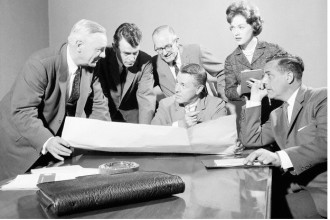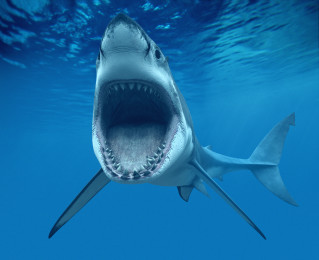 UK companies are wasting millions sending workers around the world to meetings, many of which are unnecessary, according to a new study.
UK companies are wasting millions sending workers around the world to meetings, many of which are unnecessary, according to a new study.
The survey of 2000 employees, conducted by sound gear maker Sennheiser, revealed that almost two thirds of respondents have to travel considerable distances to meetings even though 65 per cent admit that they’ve had a wasted trip.
The furthest distance on average that respondents had to travel was 218 miles. 53 percent travel over 100 miles for a meeting, and a further 10 percent have jetted over 500 miles.
Despite the considerable time and expense involved, nearly half think their company wastes money on train tickets and flights, with 54 percent saying that a Skype call would suffice.
Yet the average UK worker makes less than three conference calls or video calls per week, with 61 percent making two or less, a precedent that’s costing unnecessary amounts of money, not to mention the environmental impact of travelling.
Charlotte Waterworth, Marketing Manager, Sennheiser Communications said that video conferencing and Skype calls are as simple as picking up a mobile and putting on a headset, yet many companies still seem reluctant to take full advantage of the benefits this technology can offer.
More than 53 percent admit to sneakily arranging meetings to spend longer out of the office, and over half say that the most common reason for attending a meeting is simply because it’s scheduled even though there’s nothing important to discuss.
And on their return to the office 37 per cent admit to having “fiddled” expenses as a way to squeeze a bit more value from a trip, with 10 per cent justifying their actions by saying “everyone does it”.
Only seven percent think all of the face to face meetings are necessary, and 60 per cent say their boss often holds meetings just for the hell of it.
“When you factor in unnecessary expenses and time out of the office, effective meeting management is an adjustment many struggling businesses can look into quite easily to help improve their bottom line” Waterworth concluded.










